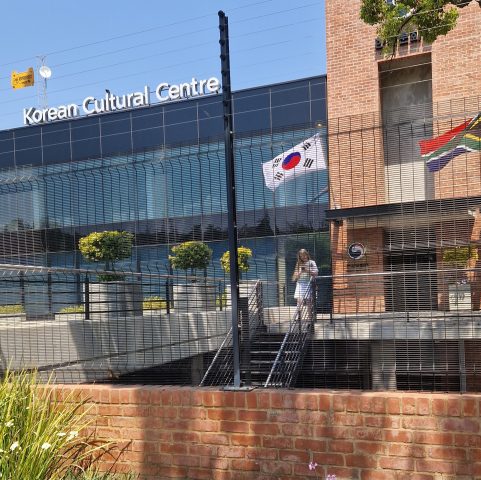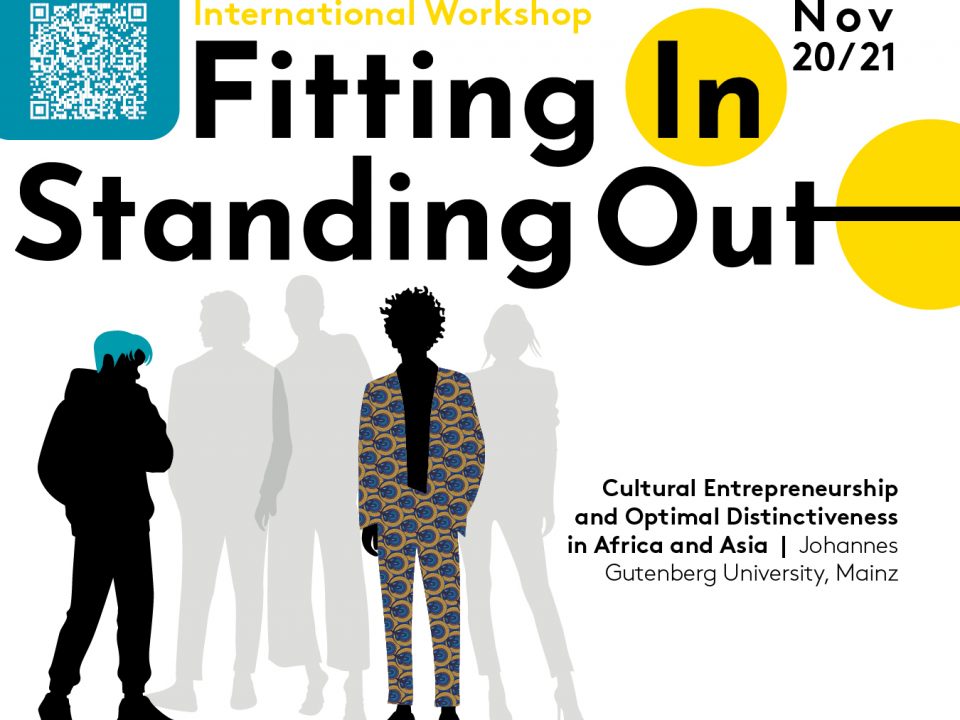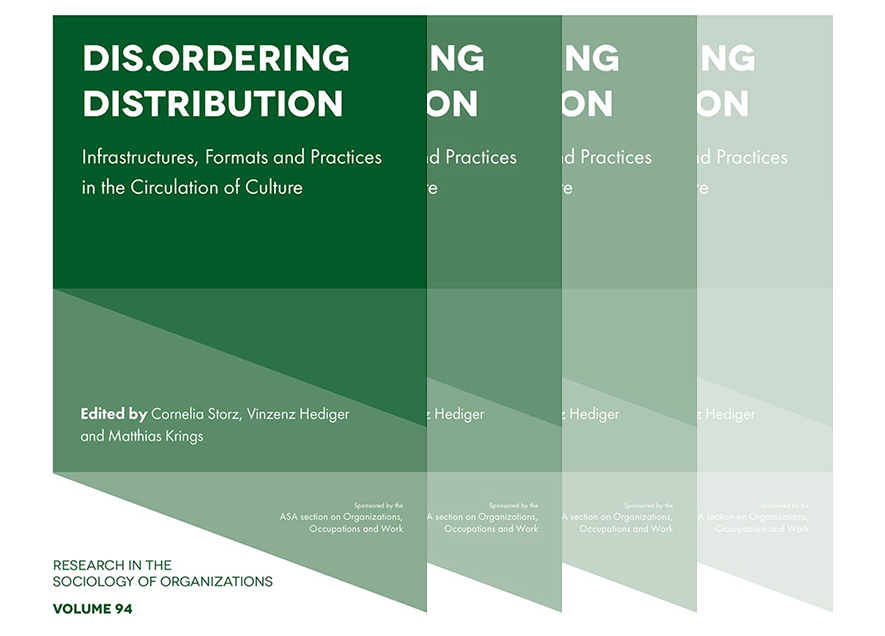K-Pop Fans in South Africa: An Observation

During her field research trip to South Africa, Tabitha Adler had the opportunity to attend two K-pop fan events in Johannesburg, meet members of the South African K-pop fandom for interviews and visit the Korean Cultural Centre in Pretoria. She got an insight into the small but growing community, heard of frustrations about the absence of K-pop concerts in the country and joined fans for a celebration of their favorite K-pop groups.
South Africa is one of the biggest markets for K-pop in sub-Saharan-Africa, being the country with the most Spotify-streams of the genre in Africa in 2022. Though, despite its growing popularity, the Korean idol industry hasn’t paid much attention to African countries. Therefore, fans must resort to self-organized fan meetings, if they want to meet their community outside the online space. One of these events was the Cosmic Aura Picnic on September 30th, which had been organized by the admins of fan pages exol.za and igot7.sa. About 35 people joined the event, which was hosted in the garden of a family member.
Upon arriving in the morning, the fans received a small “goodie bag” with photocards, flyers from both groups and a coupon for a K-pop shop. Four vendors had set up their stores, all young girls in their teens or early twenties and accompanied by their mothers. Guests could buy albums, photocards and other merchandise. One of the mothers explained, that K-pop brought people together, referring to South Africa’s issues of racial- and social division. Throughout the day fans sat together, enjoyed snacks and talked about their biases, entertainment companies and who should be the first K-pop star to come to South Africa. Before the last guests left in the late evening, they made sure to exchange contacts and thanked the organizers for “a beautiful day”.
A week later, ArmyWhoParty hosted a karaoke night at a bar in Paulshof, Johannesburg. The night started quiet at first, pairs or small groups performing songs from different groups and doing their best to follow the Korean pronunciation. During a short break, the tables competed in a K-pop Quiz, which tested knowledge about idols, songs and lyrics. However, as the evening progressed, the crowd got louder until it reached its peak with Ateez’s “Bounce”. While guests on the other side of the bar tried to watch rugby, the crowd danced through the room, screamed the chorus, and enjoyed celebrating along other fans.
The DJ, an employee of the bar, noted that he had no idea K-pop was this big. Being surprised by the passionate fans, he mentioned that he would have to look further into the music. While exol.za and igot7.sa where relatively new to organizing events, ArmyWhoParty had hosted many K-pop events in major cities like Capetown, Johannesburg and Durban. Their focus is mainly on BTS-fans, but they’re inviting the whole K-pop fandom as well.
Another place where fans can meet the community is the Korean Cultural Centre in Pretoria, which they call “little Korea” and consider a place to experience Korean culture in South Africa. Founded in 2021, the Cultural Centre is one of three in Africa, the others being in Nigeria and Egypt. Upon entering, one is greeted with K-pop music, which plays through speakers all day. Open to the public, visitors can try on a traditional hanbok, see traditional furniture and statues, as well as a memorial for South African soldiers who fought in the Korean War. They can also visit the library which does not only offer Korean books and literature, but Korean movies and K-pop albums as well.
In one room traditional artifacts are exhibited along with items of K-pop merchandise and the center offers a K-pop Academy, which includes dance classes for boy- and girl group dances and singing lessons. One of the employees mentioned that K-pop is the only reason the center could open. According to her, fans had become interested in learning more about Korean culture, with the growing popularity of Korean pop. While K-pop is an entry point for many, the Cultural Centre aims to promote other aspects of Korean culture, like food and language.
Overall, Tabitha Adler experienced a community that is frustrated with the lack of recognition from the K-pop industry but has found their own ways of organizing themselves. Whether it is through fan-hosted events, fan-made merchandise from K-pop shops, group-orders or WhatsApp groups, the South African fandom seems to work together and form their own processes. Meanwhile, the Korean Cultural Centre provides a space for fans that want to engage not only with K-pop but Korean culture in general, profiting from the absence of K-pop companies and content in South Korea. However, while they flew in a rookie group for the Korean culture day 2022, they don’t have the means to fulfil the wish most fans have; bring a K-pop concert to South Africa. It seems that until entertainment companies recognize the market potential in Africa, fans will have to resort to their own methods to experience K-pop together.
Photo: Korean Cultural Centre in Pretoria. (South Africa, Oct. 5)


